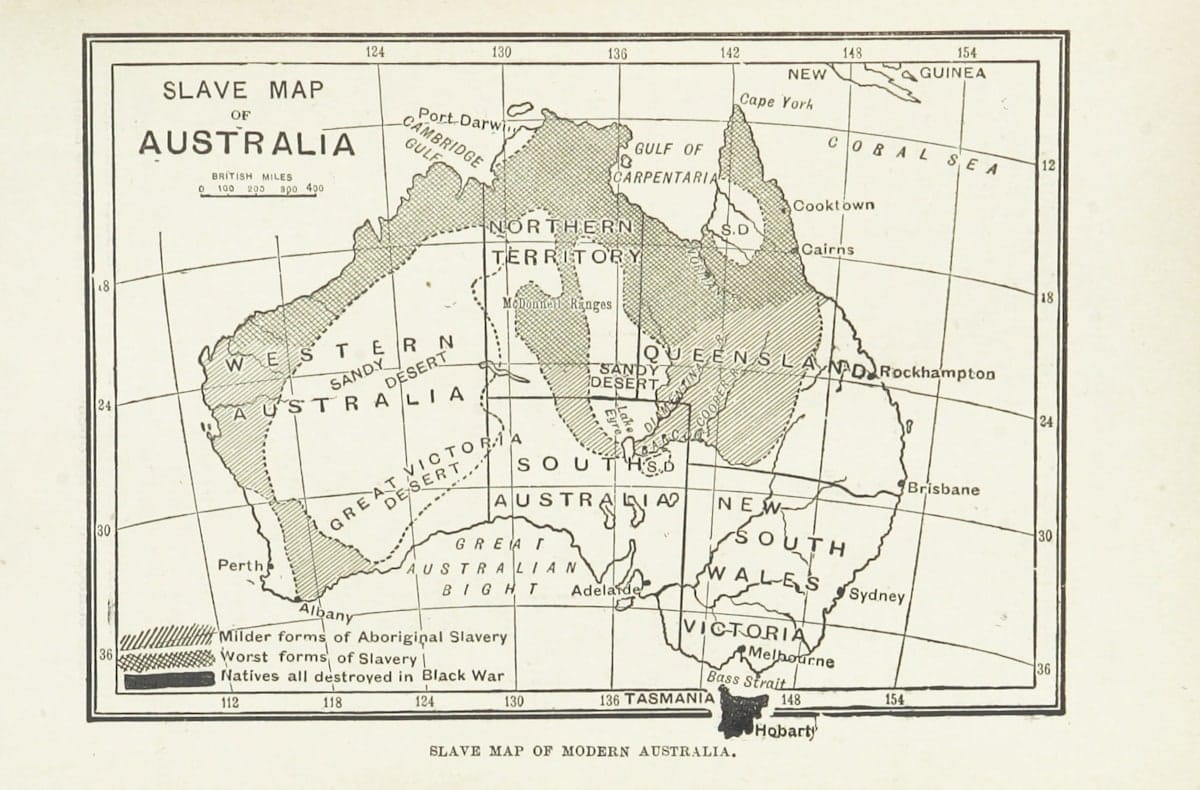
As I’ve watched and listened to Australia’s various responses to the passing of the Queen, it leaves me – and, I hope, you – in a confronting quandary.
As a white Australian, I’ve been raised with this female figurehead always in the background, deeply respected and celebrated within the network of my heritage. My ancestral allegiance to this strong, female aristocratic leader and her forbears has been unquestioned and unwavering.
For me, though, as a Gen Xer in 2022, this narrative of leadership and of deferring to this colonial power legacy no longer embodies the full picture. At this particular and unique time in history, there’s an opportunity to rethink, and to realise a more authentic understanding of Australia.
There have been many great thought leaders’ express important reflections this week. These perspectives provide signposts towards how this could be done better, what this might involve, and a new direction of being.
Read more: ‘Not my king’: Do we have the right to protest the monarchy at a time of mourning?
A learned non-Indigenous friend of mine described the juxtaposition that struck him at last weekend’s football finals, when an acknowledgement of Country was performed as usual, but then followed by a minute’s silence for the passing of the Queen.
In one moment, recognition of the continuing connection to Country for Aboriginal and Torres Strait Islander people, despite colonisation by the British Empire; in the next moment, reverence for the figurehead of the imperial colonial monarchy who took possession of that Country based on the concept of terra nullius (“land belonging to no one”).
He stated that this doesn’t hang well together for any of us. What it does, though, he says, is highlight the uneasy position in which Australia sits in at the moment, as we continue to grapple with the past and our present.

Valuing First Nations perspectives
Melbourne AFLW captain and media commentator Daisy Pearce’s considered response to Gerard Whateley’s question last week offers a description of valuing the perspectives of First Nations people amid the current international events.
The question was regarding her reaction to the AFLW’s decision to drop the minute’s silence during the Indigenous round. Pearce acknowledged the Queen was important to many Australians, but that we need to be aware of which version of history we’re choosing to amplify.
The Indigenous round offers, as she says, the chance to further educate ourselves. Deciding to drop the minute’s silence in this context demonstrated the league taking an important step towards listening to First Nations people.
Taking these decisions, despite being regarded by some as controversial, is what’s needed by the country’s leadership, to model renewed responses.
Instead of sweeping it under the carpet this week, and avoiding discussion of colonisation and the damage inflicted upon First Nations people, we could lean into a conversation of authenticity.
Growth through conversation
This discussion should not again be driven only by First Nations people. Learning to listen to various First Nations perspectives, especially this week, is an opportunity for the rest of us, who haven’t had this suffering and injustice inflicted upon us, to learn.
Stan Grant described how everyone from the top down has said it’s inappropriate to speak of these things this week. However, if we don’t, what does that say about us? How does that allow us to grow together in truth?
We can’t just shut down these inconvenient and awkward topics, while saying we’re working on Voice, Treaty and Truth. Doing so emulates the actions that have led us all into this situation in the first place.
This is an opportunity to do better, to learn how to honour these perspectives and experiences, to value them and allow space for difficult discussions that are uncomfortable, but to recognise how critical this is to our national development.





